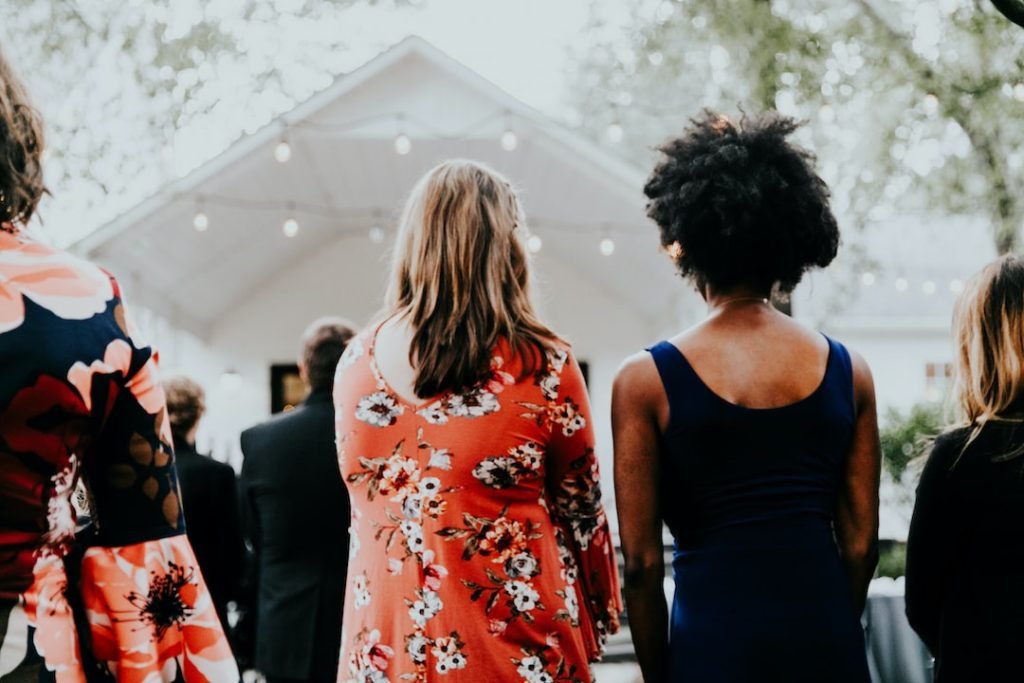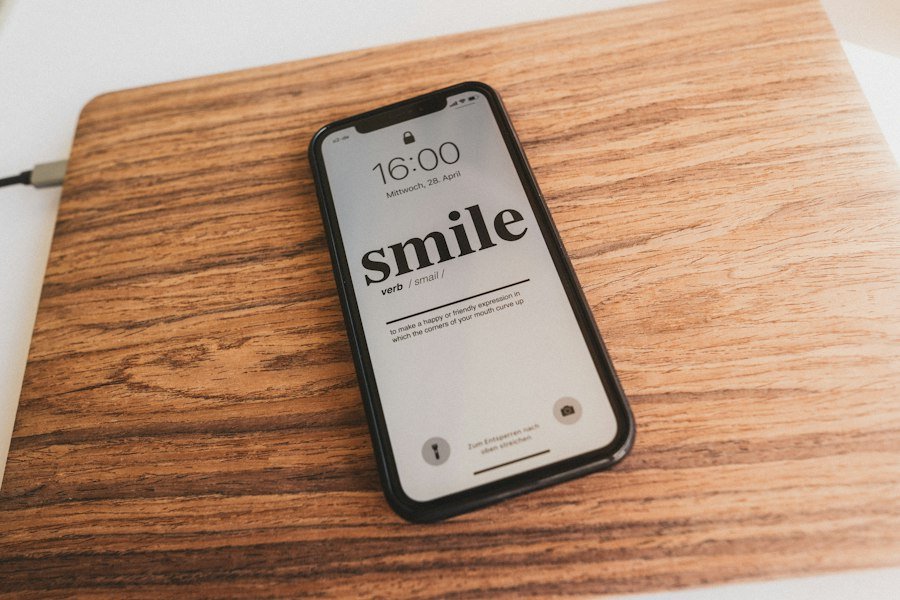

Conversational Norwegian: Norwegian Phrases for Making Friends in Norway
Norwegian is the official language of Norway and is spoken by the majority of the population. While many Norwegians also speak English, learning conversational Norwegian is essential for fully immersing yourself in the culture and making meaningful connections with locals. Whether you are planning to visit Norway or live there long-term, having a basic understanding of the language will greatly enhance your experience.
In Norway, language is highly valued and plays a significant role in building relationships and socializing. Norwegians appreciate when foreigners make an effort to learn their language, as it shows respect and a genuine interest in their culture. By learning conversational Norwegian, you will not only be able to communicate more effectively, but you will also gain a deeper understanding of the country and its people.
Table of Contents
ToggleKey Takeaways
- Conversational Norwegian can help you make friends and connect with locals in Norway.
- Learning basic greetings and phrases is essential for starting conversations in Norwegian.
- Expressing interest in Norwegian culture and traditions can help you build relationships with Norwegians.
- Small talk is an important part of social interactions in Norway, and knowing common phrases can help you navigate these conversations.
- Discussing hobbies, interests, and activities is a great way to connect with Norwegians and find common ground.
Why Learn Norwegian Phrases for Making Friends in Norway?
Learning Norwegian phrases for making friends in Norway has numerous benefits. Firstly, it allows you to connect with locals on a deeper level. When you can communicate in someone’s native language, it shows that you are genuinely interested in getting to know them and their culture. This can lead to more meaningful friendships and connections.
Secondly, knowing conversational Norwegian opens up opportunities for socializing and networking. Many social events and gatherings in Norway are conducted primarily in Norwegian, so being able to understand and participate in conversations will greatly enhance your social life. Additionally, by speaking Norwegian, you will be able to engage with locals in a more authentic way, as some nuances and cultural references may be lost in translation.
Basic Greetings and Phrases for Starting Conversations
When starting a conversation in Norwegian, it is important to begin with a polite greeting. Common greetings include “Hei” (hello), “God morgen” (good morning), “God dag” (good day), and “God kveld” (good evening). It is also customary to ask “Hvordan har du det?” (how are you?) as a way of showing interest in the other person’s well-being.
To continue the conversation, you can use phrases such as “Hva heter du?” (what is your name?), “Hvor kommer du fra?” (where are you from?), and “Hva jobber du med?” (what do you do for a living?). These questions help to establish a connection and show genuine interest in the other person.
Pronunciation in Norwegian can be challenging for non-native speakers, but with practice, it becomes easier. For example, the letter “ø” is pronounced like the “u” in “hurt,” and the letter “å” is pronounced like the “o” in “dog.” It is helpful to listen to native speakers or use language learning apps to improve your pronunciation.
Expressing Interest in Norwegian Culture and Traditions
Norway has a rich culture and many unique traditions that locals are proud to share. By expressing interest in Norwegian culture and traditions, you can deepen your connections with locals and learn more about the country’s heritage.
Phrases such as “Jeg er interessert i norsk kultur” (I am interested in Norwegian culture) and “Kan du fortelle meg mer om norske tradisjoner?” (Can you tell me more about Norwegian traditions?) can be used to initiate conversations about culture. This shows that you are genuinely interested in learning and understanding more about Norway.
Some examples of Norwegian customs and traditions that you can discuss with locals include bunad (traditional Norwegian clothing), lutefisk (a traditional dish), and the celebration of Syttende Mai (Norwegian Constitution Day). These topics can serve as great conversation starters and provide insight into Norwegian culture.
Common Norwegian Phrases for Small Talk
Small talk is an important part of socializing in Norway, as it helps to establish rapport and create a comfortable atmosphere. Common small talk phrases in Norwegian include “Hvordan har du det?” (how are you?), “Hva synes du om været i dag?” (what do you think of the weather today?), and “Har du noen planer for helgen?” (do you have any plans for the weekend?).
Norwegians often engage in small talk about the weather, as it is a common topic of conversation. They also enjoy discussing outdoor activities, such as hiking, skiing, and fishing. Asking about someone’s hobbies and interests is another great way to initiate small talk and find common ground.
Discussing Hobbies, Interests, and Activities with Norwegians

Norwegians are known for their love of outdoor activities and nature. When discussing hobbies, interests, and activities with Norwegians, it is important to show enthusiasm and genuine interest.
Phrases such as “Hva er dine interesser?” (what are your interests?), “Hva liker du å gjøre på fritiden?” (what do you like to do in your free time?), and “Har du noen favorittaktiviteter?” (do you have any favorite activities?) can be used to initiate conversations about hobbies.
Examples of popular hobbies and activities in Norway include hiking in the mountains, skiing, fishing, and camping. Norwegians also enjoy cultural activities such as visiting museums, attending concerts, and participating in traditional dances. By discussing these topics with locals, you can find common interests and potentially make plans to engage in these activities together.
Inviting Norwegians to Social Events and Gatherings
Inviting Norwegians to social events and gatherings is a great way to build relationships and create lasting friendships. When extending an invitation, it is important to be polite and considerate.
Phrases such as “Vil du bli med på middag?” (would you like to join us for dinner?), “Skal vi ta en kaffe sammen?” (shall we grab a coffee together?), and “Har du lyst til å bli med på festen?” (would you like to come to the party?) can be used to invite Norwegians to social events.
Examples of social events and gatherings in Norway include birthday parties, barbecues, and holiday celebrations. Norwegians also enjoy informal get-togethers such as game nights and movie nights. By inviting locals to these events, you can create opportunities for bonding and getting to know each other better.
Understanding Norwegian Etiquette and Social Norms
Understanding Norwegian etiquette and social norms is essential for navigating social situations in Norway. Norwegians value personal space and privacy, so it is important to respect boundaries and avoid intrusive questions.
In Norway, punctuality is highly valued, so it is important to arrive on time for social events and gatherings. It is also customary to remove your shoes when entering someone’s home, as cleanliness is important in Norwegian culture.
When dining with Norwegians, it is polite to wait for the host or hostess to begin eating before you start. It is also customary to say “takk for maten” (thank you for the meal) after finishing your meal.
Using Norwegian Slang and Idioms to Connect with Locals
Using Norwegian slang and idioms can help you connect with locals on a more informal level. While slang and idioms may vary depending on the region, there are some common phrases that can be used throughout Norway.
Some examples of Norwegian slang include “kos” (cozy), “digg” (great), and “får du til det?” (can you do it?). These phrases can be used in casual conversations with friends or acquaintances.
Norwegian idioms are also a fun way to connect with locals. For example, “å ha en blåmandag” (to have a blue Monday) means to feel down or have a bad day, while “å ha bein i nesa” (to have bones in the nose) means to be strong-willed or assertive.
Tips for Practicing Conversational Norwegian and Making Friends in Norway
To practice conversational Norwegian and make friends in Norway, it is important to immerse yourself in the language and culture. Here are some tips to help you get started:
1. Take language classes or use language learning apps: Taking formal language classes or using language learning apps can help you learn the basics of conversational Norwegian. These resources provide structured lessons and opportunities for practice.
2. Practice with native speakers: Find opportunities to practice speaking Norwegian with native speakers. This can be done through language exchange programs, conversation groups, or by making friends with locals.
3. Watch Norwegian movies and TV shows: Watching movies and TV shows in Norwegian can help you improve your listening skills and familiarize yourself with the language. You can also use subtitles in both Norwegian and English to aid comprehension.
4. Read books and articles in Norwegian: Reading books and articles in Norwegian can help you expand your vocabulary and improve your reading comprehension. Start with simple texts and gradually work your way up to more complex material.
5. Attend cultural events and festivals: Participating in cultural events and festivals in Norway is a great way to immerse yourself in the language and culture. These events often provide opportunities to interact with locals and practice your conversational skills.
Learning conversational Norwegian is essential for socializing in Norway and building meaningful connections with locals. By learning basic greetings, phrases for small talk, and expressions of interest in Norwegian culture, you can initiate conversations and establish rapport with Norwegians. Understanding Norwegian etiquette, slang, and idioms further enhances your ability to connect with locals on a deeper level. By practicing conversational Norwegian and immersing yourself in the language and culture, you can make friends and build lasting relationships in Norway.
If you want to learn Norwegian, you can register for classes here. We look forward to hearing from you and helping you become fluent in Norwegian.





